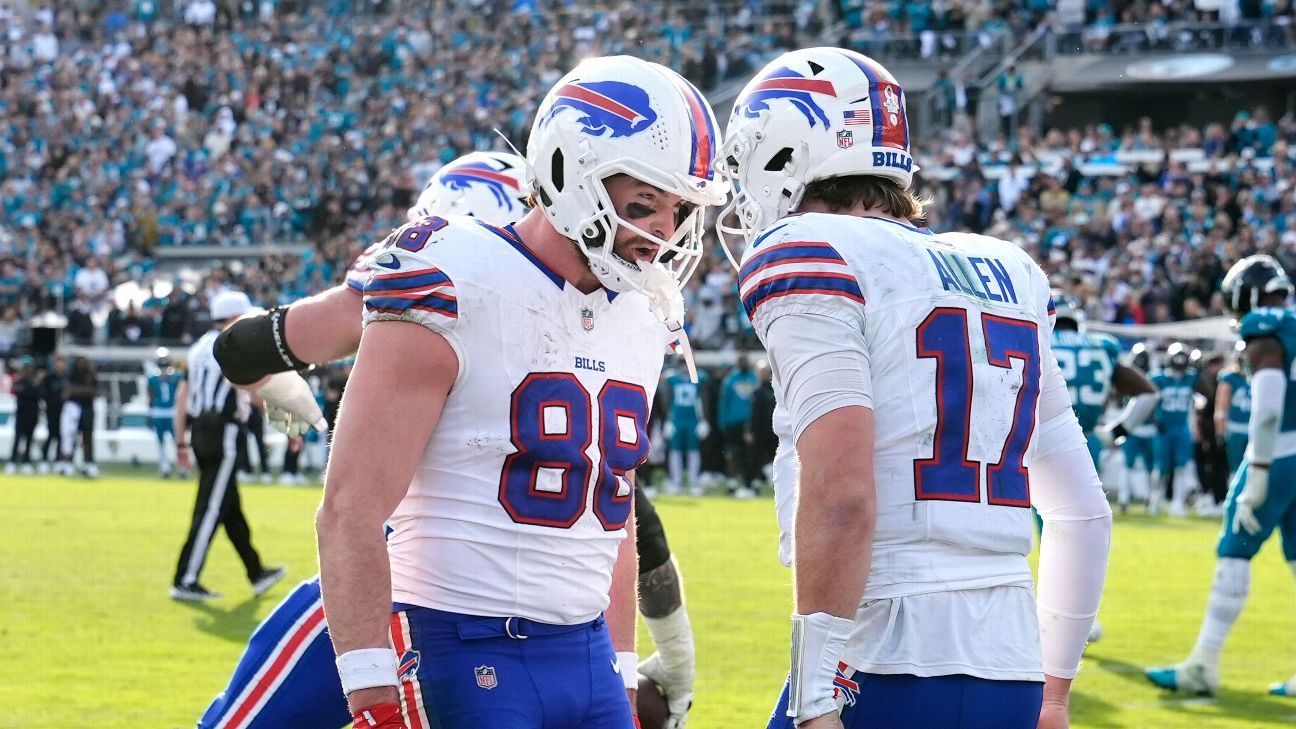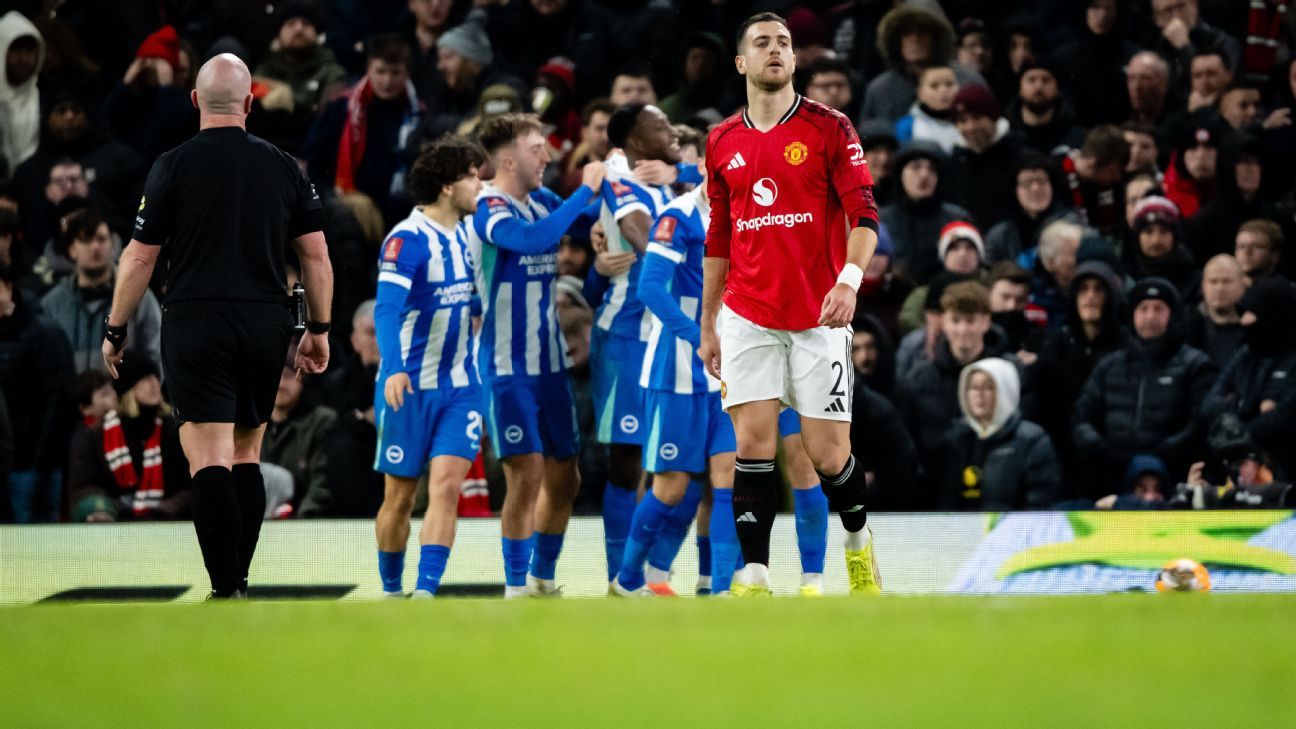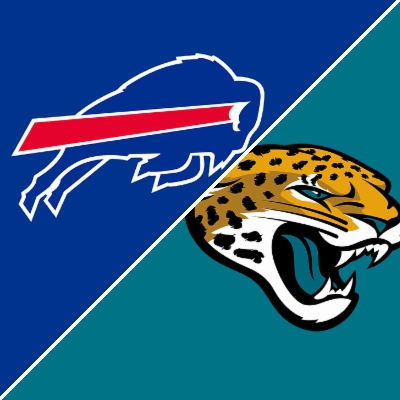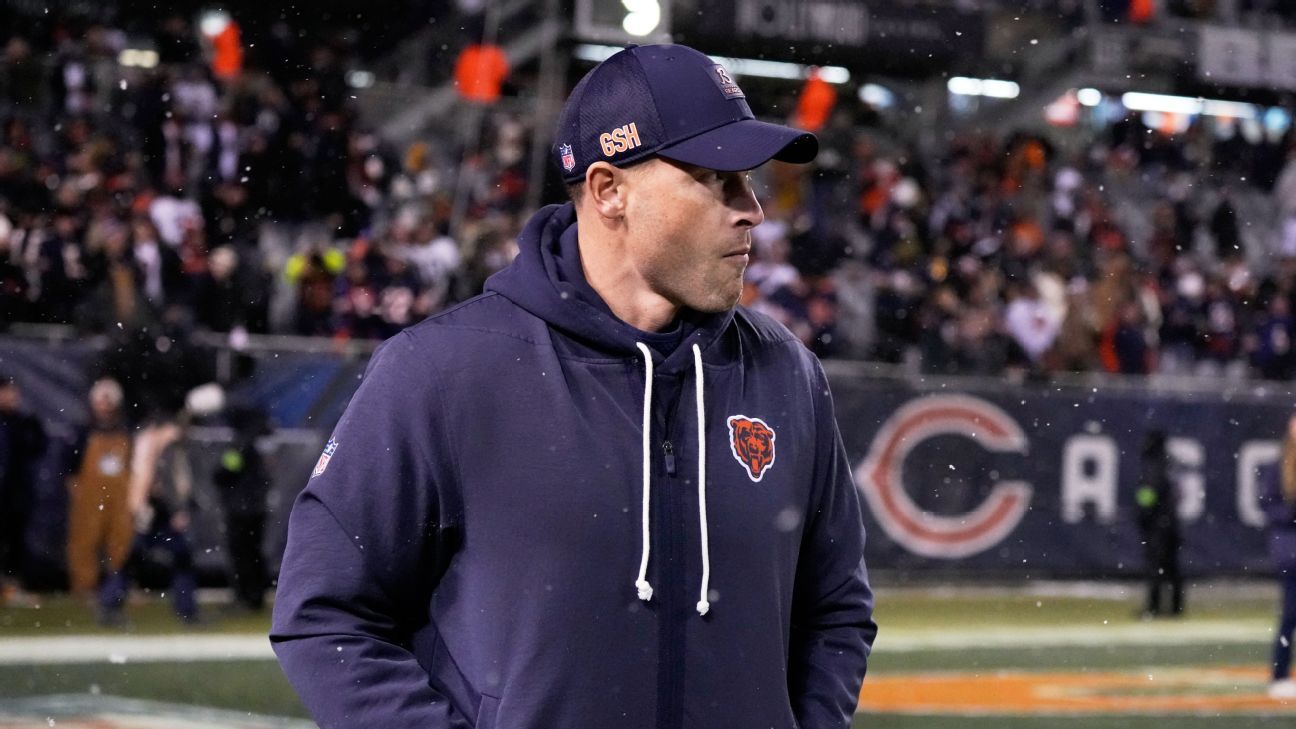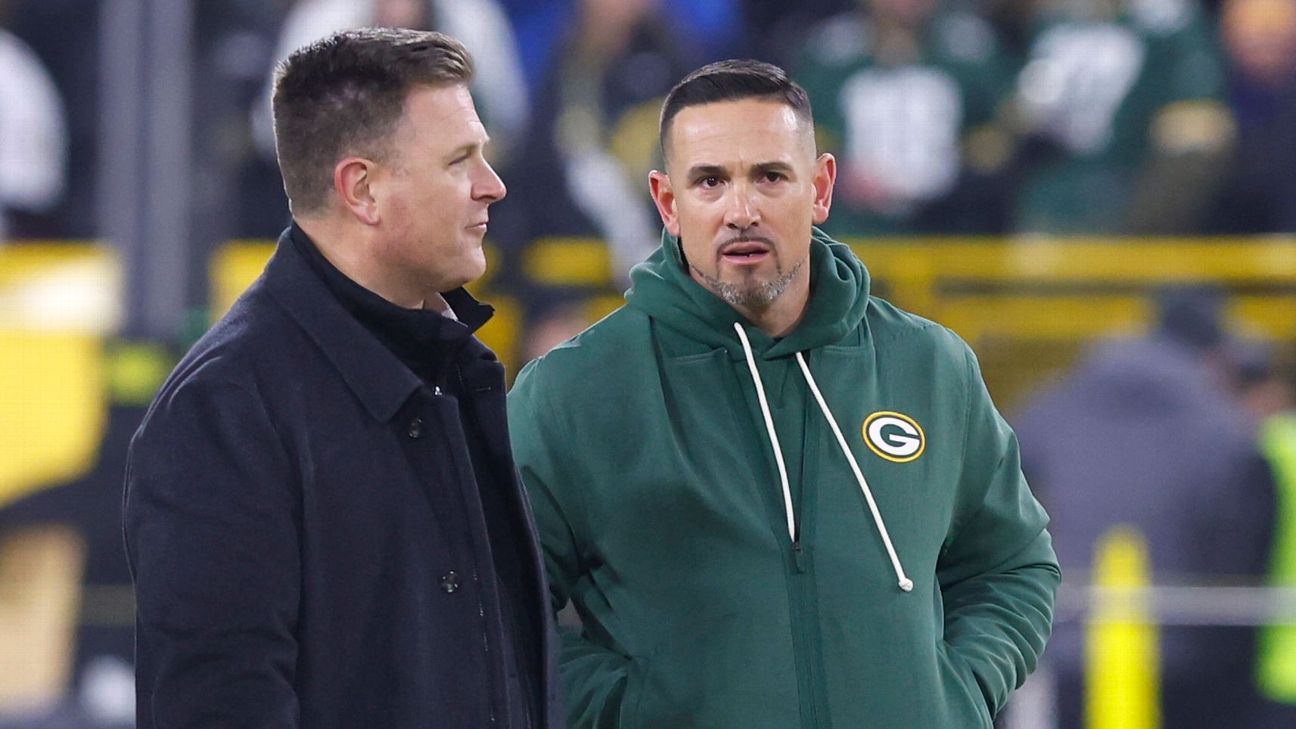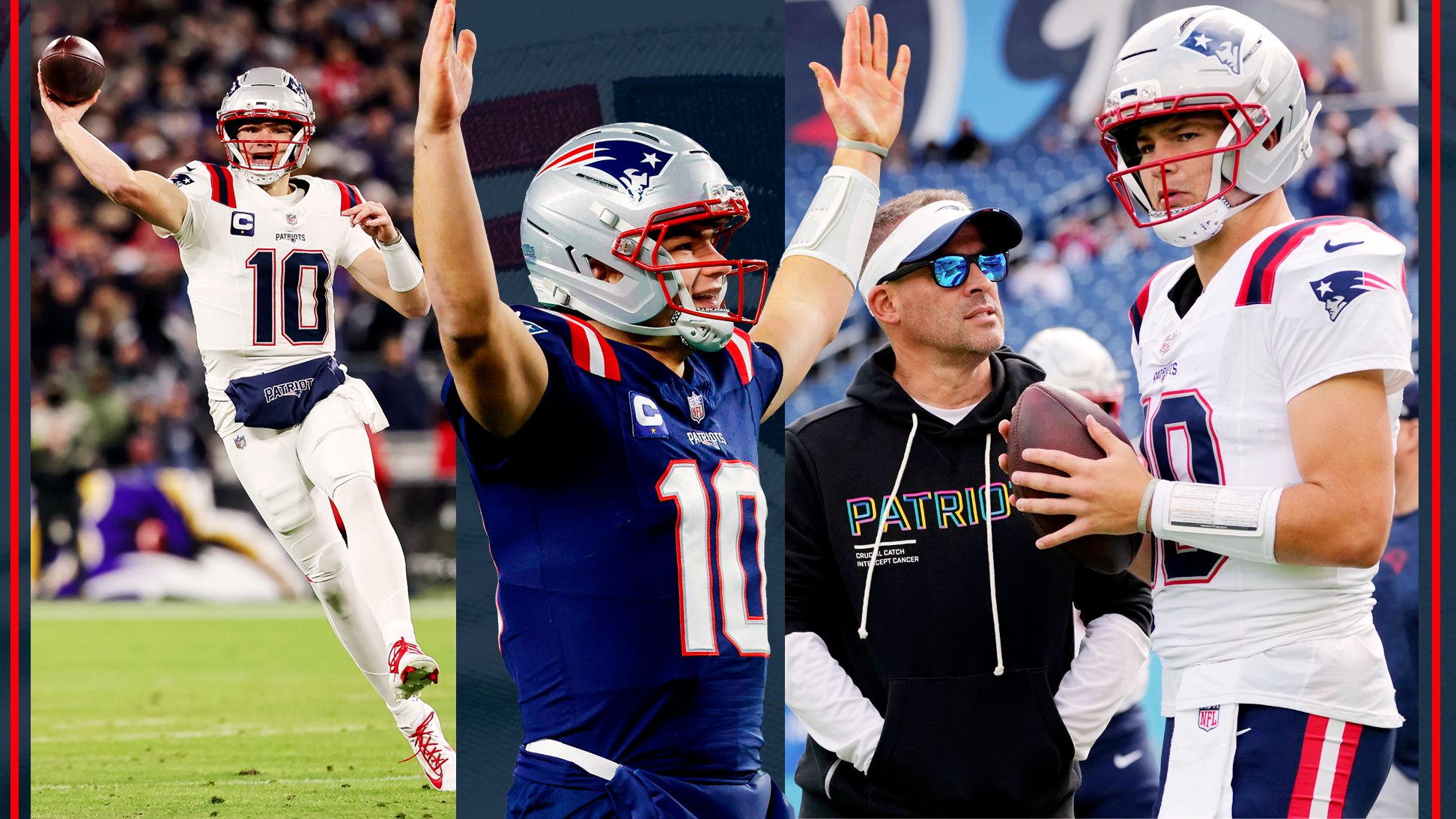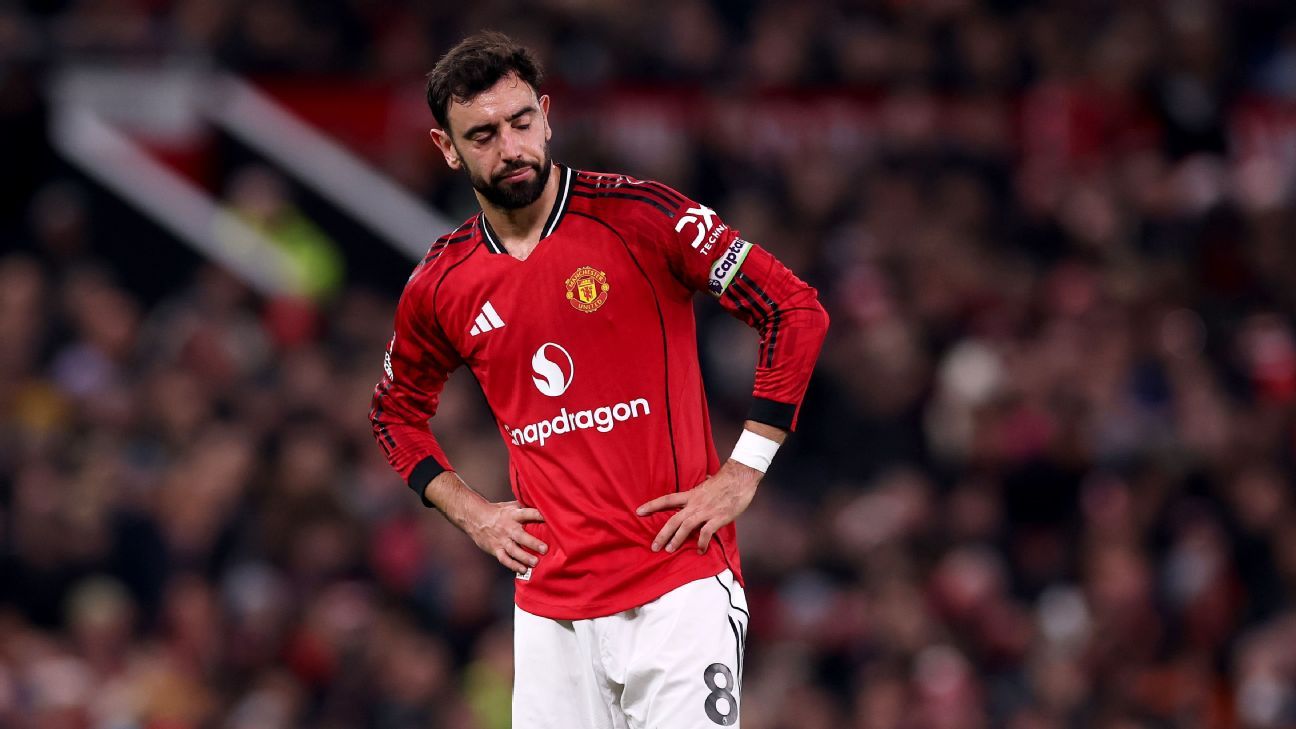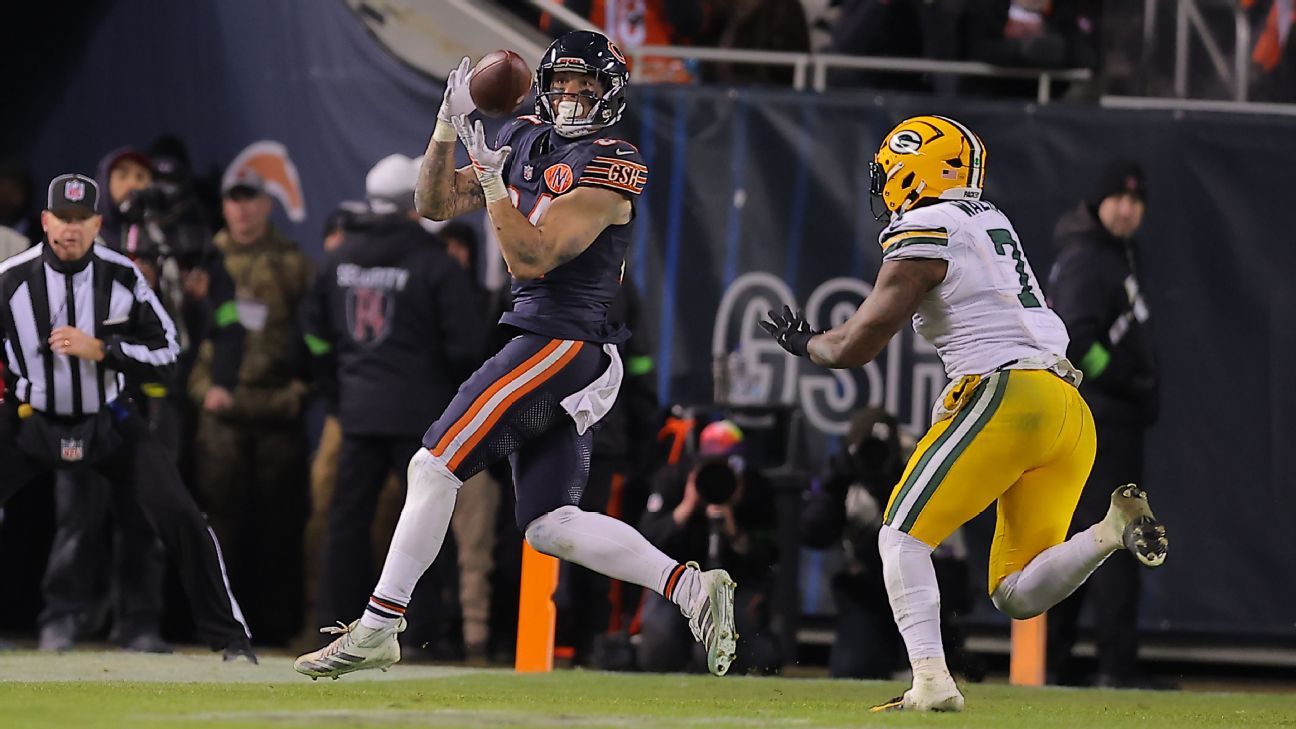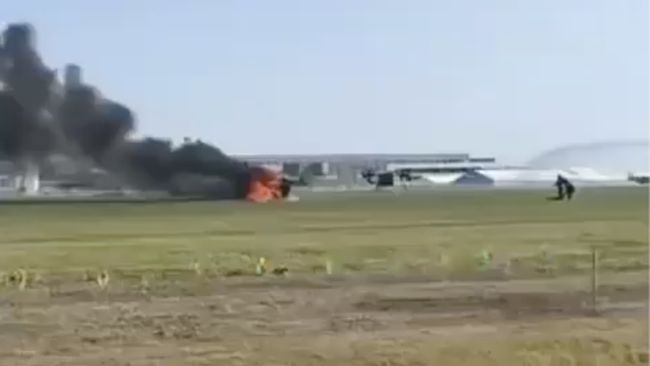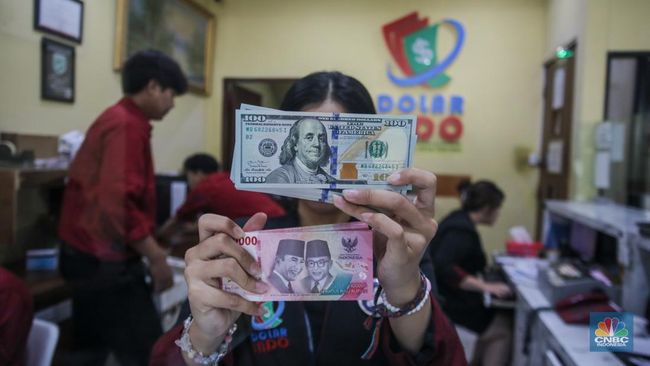
Kalyn KahlerSep 24, 2025, 06:00 AM ET
- Kalyn Kahler is a senior NFL writer at ESPN. Kalyn reports on a range of NFL topics. She reported about the influence of coaching agents on NFL hiring and found out what current and former Cowboys players really think about the tour groups of fans that roam about The Star every day. Before joining ESPN in July of 2024, Kalyn wrote for The Athletic, Defector, Bleacher Report and Sports Illustrated. She began her career at Sports Illustrated as NFL columnist Peter King's assistant. She is a graduate of Northwestern University, where she was a varsity cheerleader. In her free time, Kalyn takes Spanish classes and teaches Irish dance. You can reach out to Kalyn via email.
WHEN THE FOX broadcast team called out that the officiating crew missed an Eagles false start on a tush push against the Chiefs in Week 2, they promptly ended a blissful summer reprieve from the heated discourse surrounding the play. But the Fox crew didn't mention another potential penalty brewing on the same play.
In the futile fight to stop the tush push in its two-ton tracks, some defenses are adopting an illegal tactic to try to confuse the offensive line into moving early, Eagles players, league sources and even an opponent say. In the NFL rulebook, such a ploy is called disconcerting signals and prompts a 15-yard penalty.
The penalty has not been called since 2017 according to the NFL. An analytics source who studies rules for an NFL club that is not the Eagles said he believed that the Chiefs committed the penalty on the Eagles tush push on third-and-1 at their own 25-yard-line with 5:29 left in the game.
In the broadcast clip, Eagles quarterback Jalen Hurts shouts his cadence: "Delta set!" followed by a Chiefs defensive player yelling, "Go go!" Hurts again says "Delta set!" but this time it's less clear because there's another voice yelling something else, something that sounds short and fast like Hurts' cadence rhythm but isn't quite distinguishable.
3-1 at PHI25
4Q 5:29 pic.twitter.com/IDPHYX8K1J
Under Rule 12 (Player Conduct), Section 3 (Unsportsmanlike conduct), the NFL rulebook lists nearly an entire alphabet's worth of "prohibited acts."
Letter i reads: "Using acts or words by the defensive team that are designed to disconcert an offensive team at the snap. An official must blow his whistle immediately to stop play."
A source with direct knowledge of the league's officiating department told ESPN that disconcerting signals is not a point of emphasis for NFL officials or clubs, nor will it be this season, because it is too difficult for officials to hear through the crowd noise from their positions on the field in order to call the penalty.
In this Eagles at Chiefs scenario, on the 25-yard-line outside of two minutes, if the officials had heard the voice muddling up Hurts' cadence, and deemed that it was done intentionally to confuse the offense, the crew could enforce a 15-yard penalty and disregard the early movement from Philadelphia's offensive line, which would have resulted in an Eagles first down at their 40-yard-line.
ESPN rules analyst Russell Yurk says an unsportsmanlike conduct penalty for disconcerting signals is the least likely penalty to be called. "It's only a foul if the defense intentionally mimics the quarterback cadence to try to draw the offense into a false start," Yurk said. "That's very hard for officials to know, especially when they are 12-15 yards away from the line.
"Officials generally don't want to call such a subjective foul based only on what they hear because it's hard to show on tape, it's hard to justify it."
THE EAGLES' APPARENT false start was addressed by Chiefs coach Andy Reid after the game.
"If guys are moving early, then you have to call that," Reid said. "I felt like the guys were moving, which is why I was griping about it on the sideline there with the officials."
Per TruMedia, Philadelphia has been flagged for three false starts and three offensive offsides on tush push plays since 2022, when they first started running the tush push regularly.
During an interview on 94 WIP last week, Eagles left tackle Jordan Mailata said he found it "rich" for the Chiefs to harp on the Eagles' early movement given that Kansas City was not only setting up in the neutral zone, in his view, but "mimicking the cadence" to try and induce early movement. "I thought mimicking the cadence is a penalty," he said.
Mailata said the Chiefs did the same thing in Super Bowl LIX and that this is a relatively new tool being used by "every team" now.
"It happens pretty often," said right guard Tyler Steen. "Every time we try to run that play."
"They're trying to find a way to stop the play which I can commend and respect, but at the same time, let's not cry wolf," Mailata said.
The analytics source told ESPN that the Rams had success mimicking the Eagles snap count last year in the divisional round, when Eagles right tackle Lane Johnson was called for a false start on the 1-yard-line at the start of the fourth quarter, with Philadelphia holding a 16-15 lead.
What would have been an automatic touchdown on fourth down turned into a field goal. Right before the snap, Eagles tight end Grant Calcaterra told ESPN someone yelled a command that could easily be mistaken for Hurts' voice. Instead, it was a member of the Rams' defense simulating the call and it got Johnson to flinch.
2024 Div Round
4Q 13:34
4-1 at LAR 1 pic.twitter.com/ZE2QpJYcRh
Rams defensive end Kobie Turner confirmed to ESPN that the Rams defense imitated Hurts' cadence this past season at Philadelphia, and that he was looking at it again last week to "see if anything kind of sticks" in preparation for their Week 3 matchup. "It's more of a player ownership thing," Turner said.
And the Eagles were studying the same film. They watched that part of the tape with the sound turned up.
"You watch the copy, and you can see the guy barking the cadence and see him moving his head," Calcaterra said. "It got Lane."
The purpose of reviewing the sequence was to make sure they wouldn't be fooled again. "It's, 'We're playing the Rams, they have definitely barked out cadences before, so you just have to be aware of it,'" Calcaterra said.
Combating the fake out is part of Philadelphia's weekly preparation. Mailata joked that the "little a-holes" on the Eagles' scout team imitate Hurts' cadence when they run the QB sneak during walk-throughs, helping to train the offense to distinguish between Hurts' voice and the imposters.
"Sometimes we have different indicators to help us know when we're going to do the play," Steen said. "But it's really just trying to stay locked in and keyed in on [Hurts'] voice because you can hear a lot of voices once you get in there."
Part of the key to sifting through the noise is changing the cadence on a fairly regular basis. Teams can learn a quarterback's delivery by watching the television copy of previous games and then re-creating it to add to the pre-snap chaos.
"You don't normally practice it too much," Turner said. "But yeah, you always try to find a beat on what their cadences could be each week because you try your best to find something and if it sticks, it sticks."
EACH NFL CLUB can submit up to 10 questions about specific plays to the league office each week. The source with direct knowledge of the NFL's officiating department said that it wasn't the Chiefs who made an official inquiry into Philadelphia's tush push plays at Kansas City, but rather, an upcoming Eagles opponent. The source said the inquiry wasn't a question, but a statement: These plays shouldn't happen because of false starts, these are dead plays.
So, NFL VP of Officiating Training and Development Ramon George and NFL rules analyst and club communications liaison Walt Anderson both addressed the play in training tapes sent to officials and clubs last week. George showed the Chiefs' fourth quarter 5:29 example and pointed out early movement from the offensive line and defensive line, and said the proper call would have been a false start. He instructed officials to, "Be black and white and be as tight as we can be."
"This is a very hard play to officiate," George said in the video. "I get it."
The source with direct knowledge of the officiating department conveyed a sense of tush push discourse fatigue among the officiating leadership. Despite the league's best efforts to eliminate the play, the tush push ban fell two votes short of passing at the NFL owner's meeting in May.
"You live with the consequences," the source said of the decision not to ban the play. "That's what the owners wanted, that's what they get."
Former NFL down judge Jerry Bergman's last season on the field was 2022, the first season the Eagles began running the play in earnest. He said it can be difficult for officials to visually distinguish legal offensive alignment in the bunched up tush push formation.
"There are times where outside guys like wide receivers are up," Bergman said. "Tight ends are covering guards and you have to get yourself into a different position to see, step into the defensive side a little bit, but then you might not get the right angle on a defensive lineman."
"If [the tush push] was out of the game," the 20-year officiating vet said. "It would be a lot easier on officials." (Current officials are not permitted to speak to the media.)
Despite the warnings to clubs and officials, Philadelphia got away with what CBS rules analyst and former VP of officiating Mike Pereira called another false start against Los Angeles in Week 3 (though the Saints were flagged for a false start on their own tush push against the Seahawks later that day). On the Eagles' first tush push against L.A., the broadcast copy is muddled with multiple voices.
1Q 9:08
4-1 LAR3 pic.twitter.com/uvT0TGuufq
And at the 3-yard-line, with little distance for the defense to give up on a penalty, there's no downside for a defensive lineman to attempt his best "Delta Set!"
"It's hard for the ref," Johnson said. "They're in a tough spot. Everybody's in a tough spot, but it's why we've got to keep changing the cadences up, so they don't get a read on it."
Mailata said Philadelphia has brought the problem up to the referee before games, to warn them about what the opposing defense will do. "But they don't have that referee standing behind the defense now," he said. "So, they can't really call that penalty."
The umpire was largely responsible for calling this penalty until 2010, when the league moved the umpire from his previous spot behind the linebackers to stand 14-17 yards deep in the offensive backfield for safety reasons. The umpire used to be able to hear the defense, but now there's no official within 10 yards of the football, and it's easier for a defensive player to disconcert without being discovered.
"It is very difficult to hear," said Bergman. "Defensive linemen and linebackers are yelling it -- not super loud, but loud enough for the offensive line to hear. It's an almost impossible call to make unless a guy is really barking and his head is bouncing."
That officials are not equipped to properly call the offensive fouls on this play -- nor the crafty tactics defenses are experimenting with to counter it -- seems like the clearest and cleanest argument for banning the tush push. But instead of highlighting these non-calls, or the wrong calls, the confusion resulting from the overlapping hands near the neutral zone, or the dirty play it can prompt, the Packers' proposal focused on the projected injury risk, and that the play was nearly automatic and not a competitive football play.
Multiple sources who were in league meetings to hear the Packers' original proposal and their revised proposal said Green Bay's argument never touched on how difficult this play is for the officiating crews to manage.
After the March league meetings, the Packers took advice from the competition committee to revise their proposal to ban not just the push of the quarterback immediately at the snap, but all pushing of the runner, which would have been a return to the league's pre-2006 rule.
1:23
Schefter: 'Eagles have mastered the tush push.'
Adam Schefter explains how the Eagles have mastered the tush push, leaving defenses and officials unsure how to manage it.
The NFL clarified blocking rules and rules for use of hands in 2006 to allow pushing the runner because it had become too hard for officials to determine what was an illegal push versus a block or another form of contact. The undoing of that rule in the name of officiating simplification is the root of the current dilemma over the tush push for NFL officials.
George's training video after Week 2 isn't the first time tush push officiating has been emphasized to clubs and officials. Per the league office, in the competition committee's annual report following the 2022 season, on the "assisting the runner - push play," the committee wrote that "Game officials should focus on officiating the line of scrimmage, paying close attention to neutral zone infractions by the offense and/or defense, false starts and illegal formations by the offense, and other techniques like chop blocks."
That emphasis led to an increase in offensive offsides flags, a penalty that had been rarely called, from just two in 2022, to 26 in 2023, 23 this past season and 11 already this year.
Multiple sources who regularly view the league's officiating training tapes said that George was more critical than usual in his training tape commentary to the officials last week.
"The details of our game management were not where they needed to be in all the games, and those details matter," George said at the start of the officiating training video, obtained by ESPN. "Missed mechanics, slow transitions or lack of communication may not always be obvious to fans, but they matter to us and define our standards. ... We were just not focused on the details that I have become accustomed to."
"Your expectations should be that every official on your crew handles those details consistently, so the overall game management is not just passable, but outstanding."
It's too early to know if an NFL club or the competition committee will propose another tush push ban this offseason, but the source with direct knowledge of the officiating department said it would make sense to build a future proposal around the officiating argument.
MAILATA SINGLED OUT the Packers as the opponent that mimics the Eagles snap count the most. (They were also the team that put forth the rules proposal to ban the play.)
"Nahh," ex-Packers defensive tackle Kenny Clark said when ESPN asked if Mailata's allegations were true. Clark sat at his locker in the visitors locker room at Soldier Field after Sunday's Cowboys vs. Bears game, smiled a wide grin, shook his head and laughed throughout his answer. "Nahhh."
Clark played the Eagles twice last year and has already played Philadelphia once this season, with his new team, Dallas.
"It's a bang-bang play," he said. "It's so hard to even count the play because it's just a big scrum in there. So, but nah we not ... I mean, we wasn't calling out the snap count."
So, why would Mailata think that?
"Because we was the only ones to really stop it at the time," Clark said. "So, you got to make some type of excuse behind it."
A couple of lockers down from Clark sat fellow Dallas defensive linemen Marshawn Kneeland and Osa Odighizuwa, two players equally familiar with the struggle. Both denied ever imitating Hurts' cadence and all three division rivals pointed out that it would be a flag anyway.
"That's cap," Odighizuwa said.
"If they complain about that then stop running it," Kneeland said.
"Nobody on the defense is saying 'White 80, white set!'" Odighizuwa said, his voice rising to suggest a ridiculous notion. "Nobody is saying it!"
Hurts uses a version of White 80 on normal down and distances, but his short yardage or hurry-up cadence is typically a more abbreviated cadence, a variation of Delta Set.
"People are gonna talk [before plays]," Kneeland said.
"We move and shift a little bit," Clark said. "But as far as saying, I mean, it's a flag [if] you say 'go' or ... ."
"But if they are saying, 'Go, go, go,' that's not really a normal snap count," Kneeland said, "They never snap to that."
So, what does Hurts' short-yardage cadence sound like? Could they imitate it right now?
"No," Clark said, still smiling. "It's different every time."
NFL reporters Sarah Barshop and Tim McManus contributed to this story


